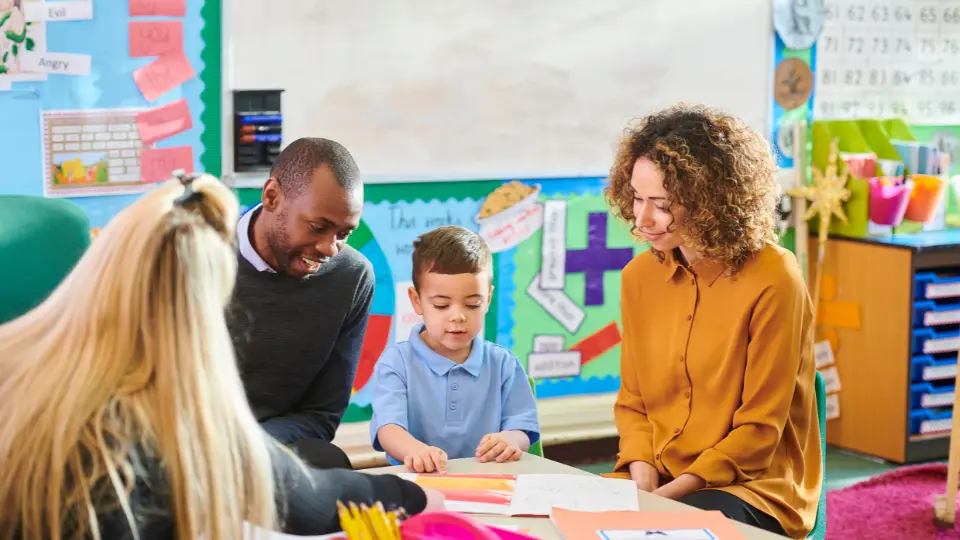Have you ever found yourself thinking, “That parent is driving me crazy”? You’re not alone. It’s a sentiment many in the educational field have felt at one time or another. But what if we could transform these challenging interactions into opportunities for collaboration and support for student learning? Let’s explore how, drawing inspiration from Cathy Tooley, CEO of Tools for Success recent YouTube Video.
Seek to Understand Before Being Understood
When we encounter a challenging parent or guardian, our first reaction might be frustration or confusion. Cathy Tooley suggests taking a moment to ask ourselves, “Why? Why is this situation or comment bothering me so much?” Understanding our triggers can help us respond more thoughtfully. Maybe it’s a clash of values or an approach to parenting that’s different from what we’re used to. By reflecting on our reactions, we can approach the conversation with empathy, aiming to understand the parent’s perspective before jumping to conclusions.
Focus on the Student’s Needs
At the heart of every educational endeavor is the student. When discussions with parents become tricky, redirect the focus back to what matters most: the student’s learning and well-being. Discuss shared goals for the student’s success and explore how you can work together to achieve them. Remember, you’re on the same team, aiming for the student’s growth and development.
Establish Clear and Consistent Communication
Clear communication is the foundation of any strong partnership. Set up regular check-ins with parents to discuss progress, concerns, and achievements. Utilize tools like student portfolios or educational apps to keep parents informed and engaged in their child’s learning journey. Consistent communication builds trust and ensures everyone is aligned on the student’s educational path.
Set Boundaries and Expectations
It’s important to establish clear boundaries and expectations at the start of the school year. Discuss with parents the roles each party plays in supporting the student’s education. Clearly outline how and when communications should occur and the protocols for addressing concerns or issues. Setting these guidelines early on can prevent misunderstandings and create a more harmonious relationship.
Embrace a Growth Mindset
View every interaction, even the challenging ones, as an opportunity to learn and grow. Embracing a growth mindset allows us to see beyond immediate frustrations and recognize the potential for positive outcomes. When we approach parent-teacher relationships with openness and a willingness to understand different perspectives, we foster a collaborative environment that benefits everyone, especially the students.
In Conclusion
Transforming teacher-parent interactions from challenging to collaborative isn’t always easy, but it’s incredibly rewarding. By seeking to understand, focusing on the student, communicating clearly, setting boundaries, and embracing a growth mindset, we can build strong partnerships that support and enhance student learning.
Let’s turn potential conflicts into opportunities for collaboration. After all, when educators and parents work together, the sky’s the limit for our students’ success.
We’d Love to Hear From You
How have you navigated partnerships with parents? Share your experiences and tips in the comments below. Your insights can inspire and support fellow educators in fostering positive collaborations.
Together, we can make a difference in the lives of our students.


